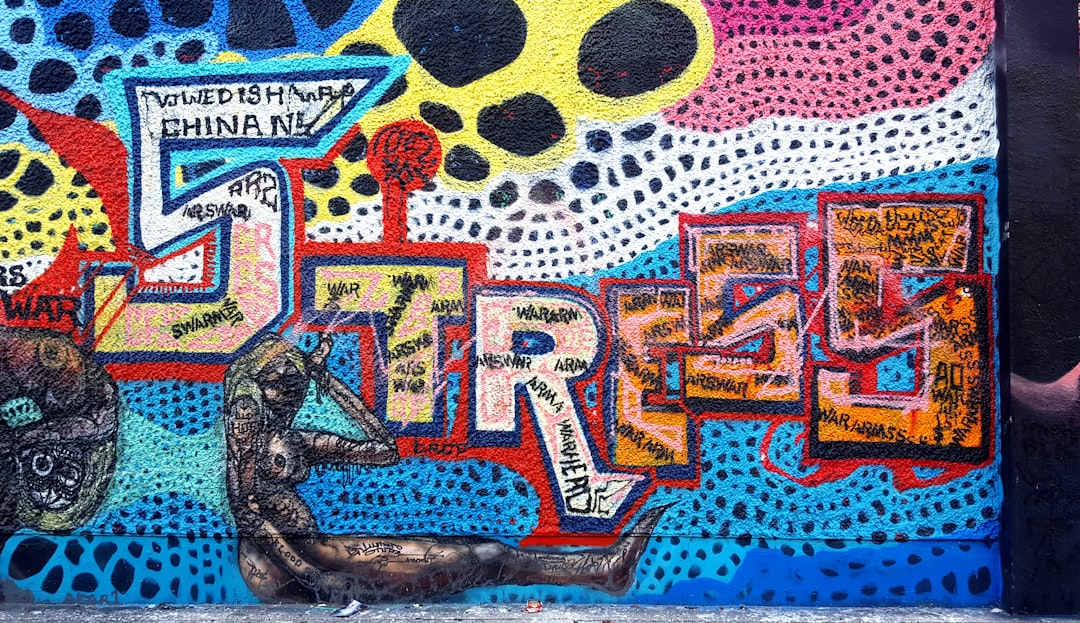What is it about?
Gender equality issues have witnessed an unprecedent public interest and social debate in the second decade of the 21st century with, for example, the 2017 “MeToo” movement against sexual harassment and the 2014 United Nations “HeForShe” campaign, a global solidarity movement encouraging men to be allies for gender equality. We believe that the industrial-organizational (I-O) psychology and management scholars have the unique expertise to tackle these issues by conducting innovative research and contributing to public discourse and policymaking. To encourage more work in this area and stimulate an innovative research agenda, in this paper we provide a descriptive review of gender equality research published in the past 2 decades in leading I-O and management journals. We specifically showcase the topics that have been studied in I-O psychology journals such as gender biases, stereotypes, and prejudice, women in leadership, the work-family interface, sexual harassment, and interventions; and in management journals such as women on boards and in entrepreneurship, women’s unique experiences such as pregnancy, and organizational and institutional barriers to gender equality. We next provide insights for future work including going beyond gender as binary, linking individual-level factors and organizational-level factors in understanding persistence; encourage more work on the social responsibility (rather than business case) angle for gender equity; going beyond documenting bias and creating solutions and interventions; and also focusing on men and their experiences and actively engage men in the issues of gender equality.
Featured Image

Photo by Christina @ wocintechchat.com on Unsplash
Why is it important?
Gender inequality is continuing to plague our society, with workplace being a stronghold of such inequality. To encourage more work in this area, this article presents a brief descriptive review of workplace gender inequality research published in leading and valued journals by industrial- organizational and management scholars in the past two decades. Next, the article presents insight for future research including focus on social responsibility, interventions and solutions, and men’s experiences.
Perspectives
Gender equity has been stagnating for years. To see progress, I felt the first step was to see where we have been in this journey for gender equity and what we know. Hence, we wrote this short review on recent work. But to take next steps, we need to identify where we need to go to truly make a difference. I hope this article highlights few pathways that we hope will make a difference and will take us to a new era of research, public discourse, and policy making in gender equity. We need to re-think gender equity by thinking beyond gender binary and include gender non-binary and focus on racialized women; by promoting gender equity as social responsibility; and by including and engaging men as allies.
Ivona Hideg
York University
Read the Original
This page is a summary of: The quest for workplace gender equality in the 21st century: Where do we stand and how can we continue to make strides?, Canadian Journal of Behavioural Science/Revue canadienne des sciences du comportement, April 2021, American Psychological Association (APA),
DOI: 10.1037/cbs0000222.
You can read the full text:
Contributors
The following have contributed to this page










